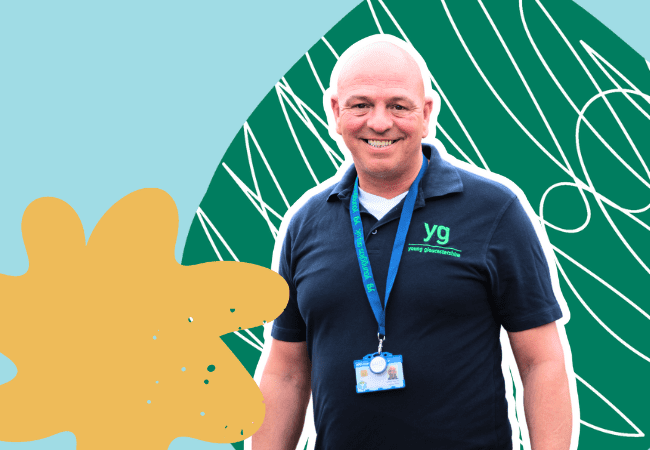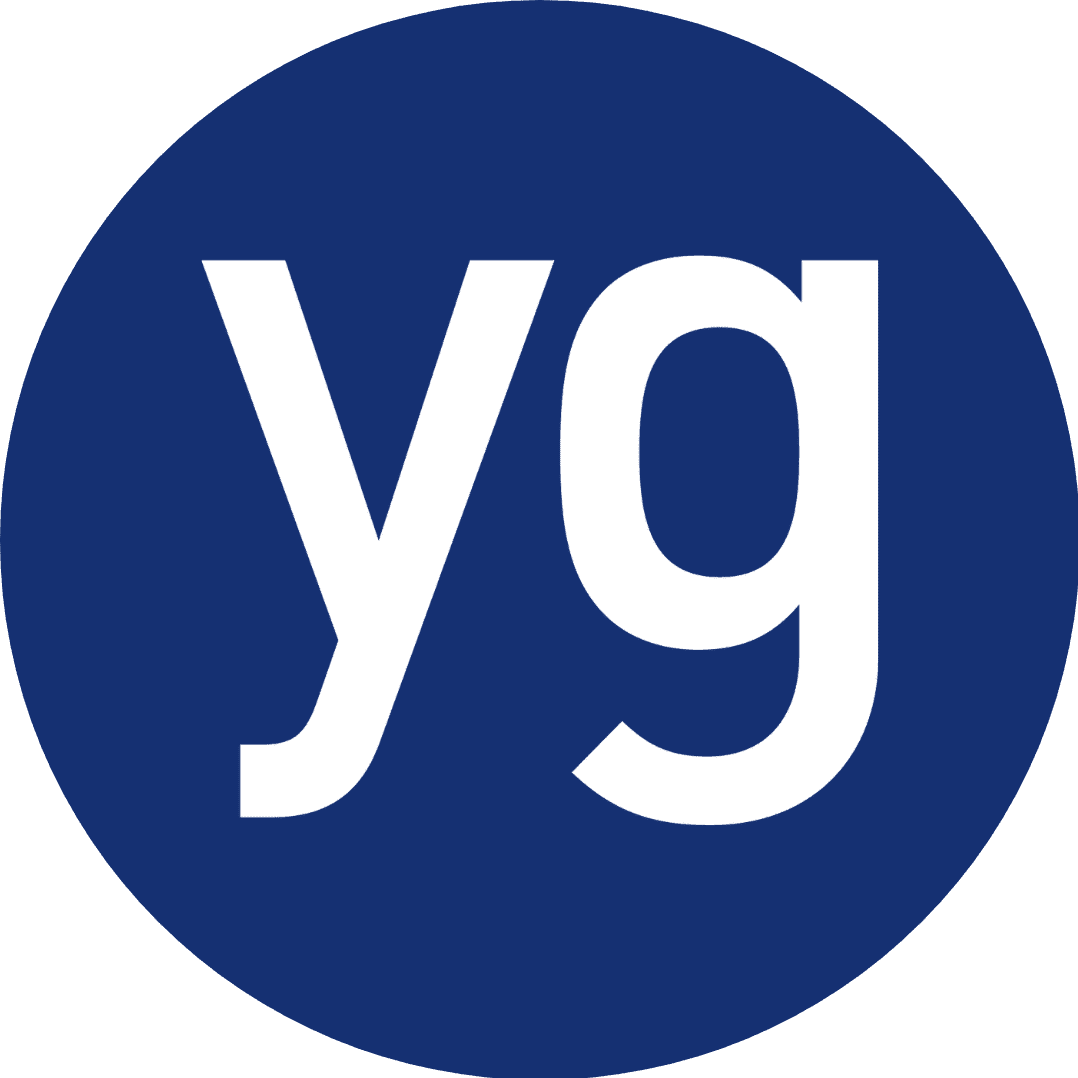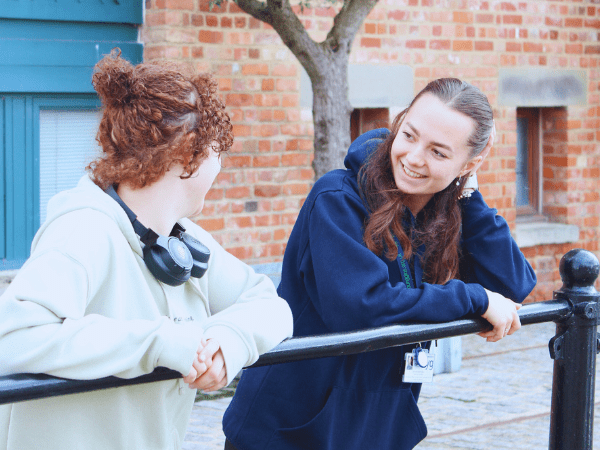
Supporting Ukrainian Refugees at Young Gloucestershire | Підтримка українських підлітків у Young Gloucestershire
Для перекладу цієї статті українською мовою натисніть на посилання нижче.
“My name is Khrystyna, and I am Ukrainian. Like many others, the war in Ukraine forced me to leave my home, and I arrived in the UK 1.5 years ago. Settling into a new country was incredibly challenging, despite having the advantage of speaking English due to my background as a translator and English teacher. I was fortunate to have the support of my boyfriend’s family, who have lived in the UK for over 20 years. Their help made my transition a little smoother.
“When I arrived, I was determined to continue my teaching career, but I quickly discovered that my qualifications from Ukraine weren’t sufficient for schools in the UK. They required a different level of certification, which would take time to achieve. Needing work, I took a job in a café to earn money while adjusting to my new life.
“Eventually, I found a position as a cover teacher. The job was rewarding but difficult, especially as the UK education system is quite different from what I knew in Ukraine. Unfortunately, some students didn’t treat me well because of my accent and nationality. It was disheartening, but my passion for working with children kept me going. I knew I wanted to find a job where I could make a bigger difference.
That’s when I came across a job posting from Young Gloucestershire (YG). As soon as I saw it, I knew this was my calling. YG was launching a project to support Ukrainian young people—something I felt deeply connected to. I applied immediately, and a few weeks later, I joined the team. For the first time since arriving in the UK, I felt like I was in the right place, where I could use my experiences to help others who were going through the same struggles.”
The Young Gloucestershire Ukrainian Refugee Programme
“In July, we launched a programme at YG specifically designed to support Ukrainian young people aged 11 to 25. Our aim is to help them navigate the many challenges they face in their personal, social, and educational lives. We provide practical support in areas such as booking doctor’s appointments, setting up self-care routines, and building self-confidence. We also help them find jobs or write CVs, develop goals, and explore motivation. But more than that, we create a space where young people can simply be themselves, whether that’s playing games, cooking, drawing, or just chatting about everyday topics. Each session is tailored to the individual’s needs and interests.
“Our mentoring sessions last 50 minutes and take place once a week for six months. We meet with young people at our offices in Gloucester, Cheltenham, or Tewkesbury, or we can work in schools or community spaces where they feel most comfortable. The key is flexibility—creating an environment that feels safe and welcoming.”
The Bigger Picture in Gloucestershire
“Since the Russian invasion of Ukraine, more than 200,000 Ukrainians have sought refuge in the UK, with about 1,200 living in Gloucestershire. While the county has provided support in terms of housing, education, and financial aid, young people are still facing significant barriers, especially in schools. Many struggle with feelings of isolation, anxiety, and trauma, which are only heightened by the language barrier and cultural differences.
“As a result, many Ukrainian students find it hard to integrate. Susi Ridley-Marshall, a teacher at Archway School, where I work closely with students, highlighted that a significant number of Ukrainian students are feeling isolated. Despite their strong language skills, they tend to stick together with other Ukrainian students rather than branching out to make English friends. This has been particularly challenging for those who arrived at secondary school age, like those in Year 9, where friendship groups are already established.
“Susi shared, “Archway School has had about 45 Ukrainian students since April 2022, though some have since moved back to Ukraine or relocated within the UK. Currently, there are around 20 Ukrainian students at the school, and while many of them are making progress, the adaptation process is still difficult. These students are dealing with the trauma of war, compounded by the challenges of adjusting to a new language and education system. Some are also grappling with feelings of anger and resentment about being in the UK—they want to return to Ukraine but are uncertain about whether that will ever be possible.” She also noted that “students who attended primary school in the UK before transitioning to secondary school have found it easier to settle in, compared to those who arrived later. For many older students, the struggle to make friends and feelings of loneliness are ongoing issues.”
“In response to these challenges, we at Young Gloucestershire are working hard to provide support tailored to these young people’s unique needs. Through our programme, we aim to help them develop self-confidence, overcome language barriers, and find their place in British society.”
A Call for Connection
“Many of the young people we support have experienced significant trauma from the war. Some spent weeks or even months hiding in basements from rocket attacks or living under occupation. Understandably, these experiences have left deep scars. That’s why part of our work focuses on helping them feel safe again, both emotionally and physically. We use techniques to help them process their memories of the war and remind them that they are now in a safe environment.
“Schools play a vital role in this process as well. teachers can be a lifeline for Ukrainian students, offering extra English lessons and providing space where they can come together during breaks. However, the sense of isolation remains for many, especially when it comes to building friendships with British students.
Students tell me “small gestures can make a big difference. If classmates reach out, whether it’s inviting Ukrainian students to birthday parties or simply offering to help with homework, it goes a long way in helping us feel included.” Many of the young people we work with talk about how meaningful these connections are and how much they long for more opportunities to socialise outside of school.”
“At Young Gloucestershire, we are proud to be offering these young people the support they need to heal and grow. Through our work, we hope to help them not just survive but thrive in their new lives here in the UK.”
You may also like...
The Story of an Arcus Family
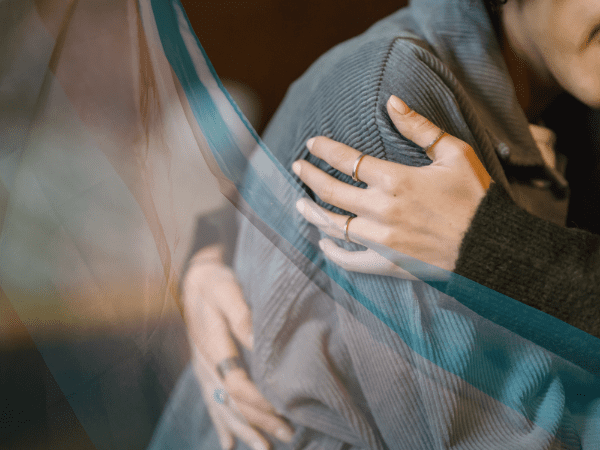
Understanding the ‘Hidden Victims of Crime’ Project
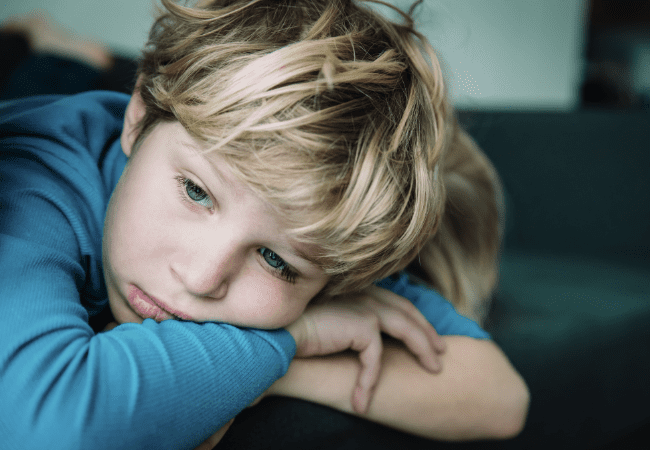
World Suicide Prevention Day 2024
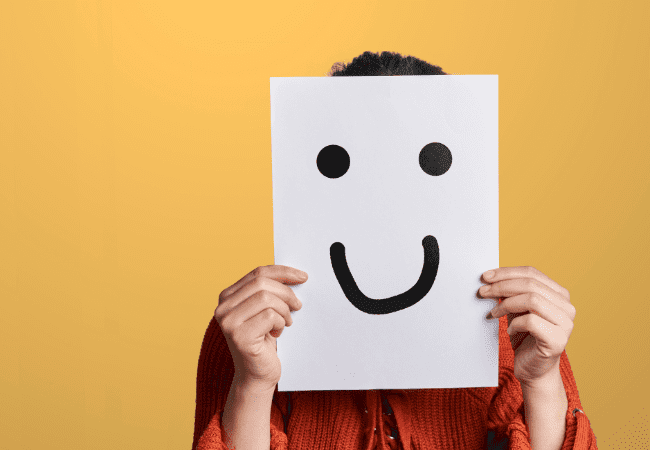
Alcohol Awareness Week
